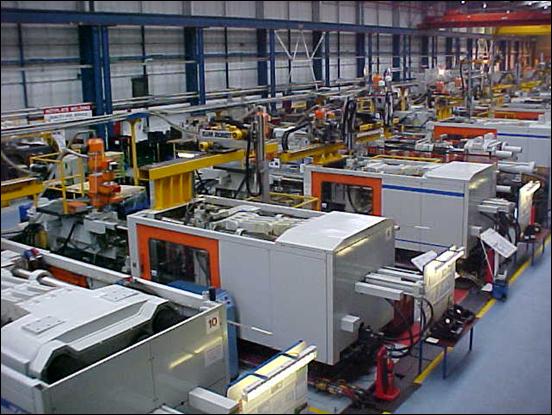China is the biggest exporter of products in the world, exporting a staggering $2,100 billion, against USA’s $1,453 billion and Germany’s $1,340 billion. Chinese products in India are especially cheap, compared to our very own Indian products. Thus, Chinese products sell better, as we prefer cheaper alternatives than more costly ones, irrespective of the quality. Why is it that India cannot compete against China by making cheap products?
China is geographically stronger, and has abundance of vast material and resources, and the machinery and technology is far more advanced than India. Thus, China is able to use their location to their advantage while India cannot do the same due to lack of technology. We have to rely on other sources, a lot from other countries. This increases the cost of importing goods, which results in higher prices for customers. Physical labor is a big problem in India. The wages of laborers is relatively quite low in India, which makes them reluctant to work efficiently. While wages in China may also be low, they are consistently increasing by nearly 15% each year. This makes the workers do their job more efficiently, producing larger number of products.
China is more developed than India. While China has a greater proportion of developed lands, India has 70% people living in rural population. Moreover, electricity availability is a primary problem, and factories have electricity for a limited time, thus factories lay idle and do not produce goods during the time. Valuable time is lost, and mass production isn’t possible.

Chinese products have flooded the Indian market, and are competing with made in India products. The government has tried to level the playing field between the neighbouring countries by introducing policies and schemes like Make in India. The Make in India initiative was taken to strengthen the Indian industry and promote Indian products.
China has a stronger, more secure banking and loaning system, while the same lacks in India. The recent fraud cases of Nirav Modi, Vijay Mallya and others who made a mockery of the Indian banking system proved that. Loans are easy to take in China, especially for big businesses, thus they have greater financial backing for manufacturing products, that too at a very large scale. Indian businesses find it hard to get loans from banks, and third party investors are not ready to take their chances with them. Without enough financial support, it is hard to commit to mass production. The selling prices of these goods are higher, which reduces the demand for them.
The judicial system and government is slow in India, thus laws, regulations and reforms relating to manufacturing businesses take time to be passed. China does not have this problem, and promising reforms are introduced quickly. Most importantly, corruption levels are low in China, while they are very high in India. Illegal practices between businesses and governments result in a loss for the customers and public.
While India is the fastest developing nation, it lags behind other countries in terms of workforce satisfaction and anti-corruption drives. India must collectively work tin order to get themselves on levels of China, USA and Russia.





























